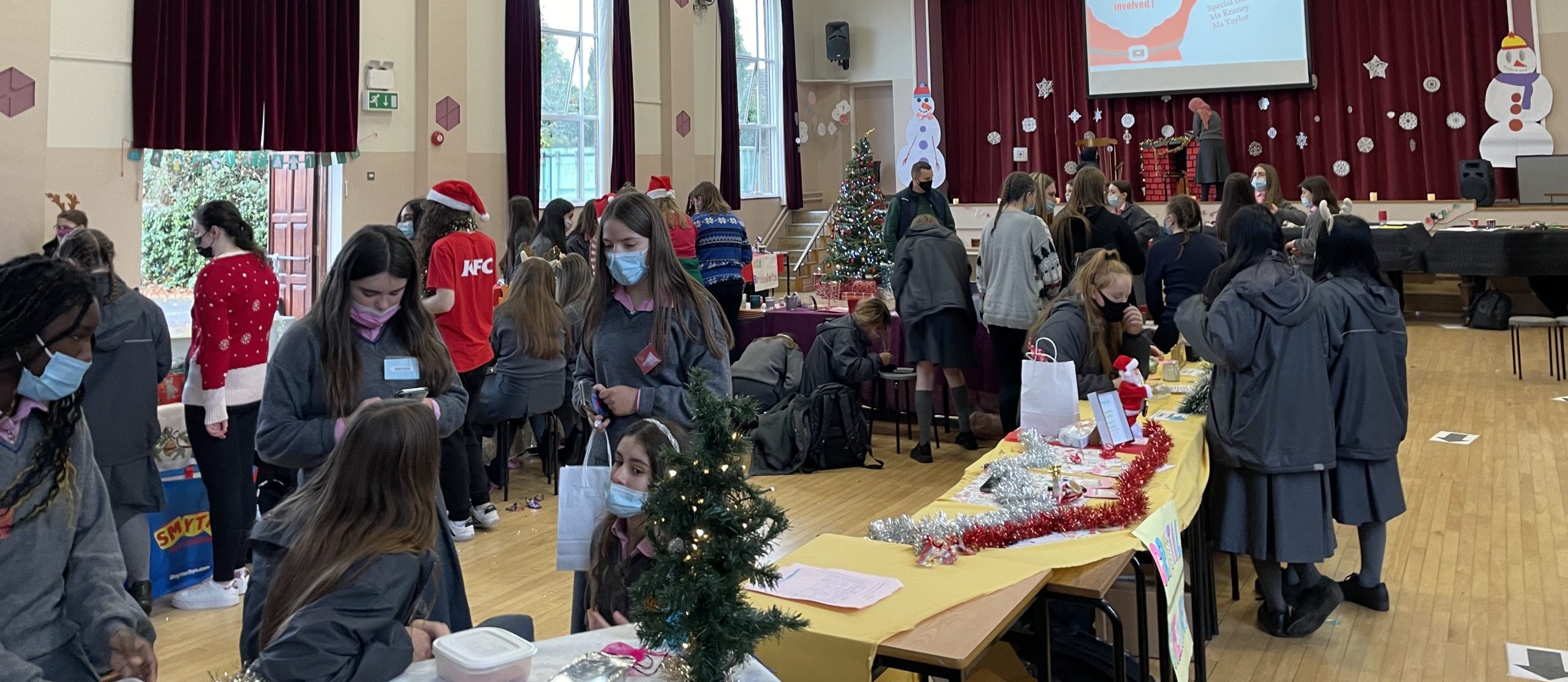

Transition Year (TY) is an extra year taken after Junior Cycle. This is optional in our school.
The Transition Year Programme promotes the personal, social, vocational and educational development of students and prepares them for their role as autonomous, participative and responsible members of society (Transition Year Guidelines, 1994, Department of Education).
It provides a bridge to enable students to make the transition from the more dependent type of learning associated with the Junior Cycle to the more independent learning environment associated with the Leaving Certificate. It encourages personal and social development and recognises the need for students to grow in independence. Transition Year fosters academic achievement as students prepare for a Leaving Certificate programme, further study and adult and working life.
It encourages the development of a wide range of transferable critical thinking and creative problem-solving skills.
Transition Year Programmes are designed to provide the integrated development of the intellectual, spiritual, emotional, physical, social and vocational capacities of each individual student. The principal objective of the Transition Year is to prepare young people for their role as participative and responsible members of society. The Transition Year offers students the opportunity to review and consolidate the work done in Junior Cycle, explore new areas and methods of study, and make more mature and informed choices regarding their future development and learning.
The Principal aims of transition year are:
The programme has a substantial academic base, which will enable the student to retain the habit of study and to adapt readily to Leaving Certificate course work in Fifth Year. The core subjects in the programme are: Religious Education, English, Irish, Mathematics, French/German and Physical Education. Students will have the opportunity to study subjects they may not have opted for in the Junior Cycle as all Transition Year students will attend classes in Business Studies, Science, Art, Home Economics and Music. Other courses include: Information Technology, Health Education, Media Studies, Ancient Civilisation, Architectural Studies, Environmental Studies, Personal Development, Careers and Tourism Awareness. These can vary from year to year as we constantly review the programme. Practical experience will be gained from work placements and the Mini-Company component of the Business Studies Programme.
|
|
|
|